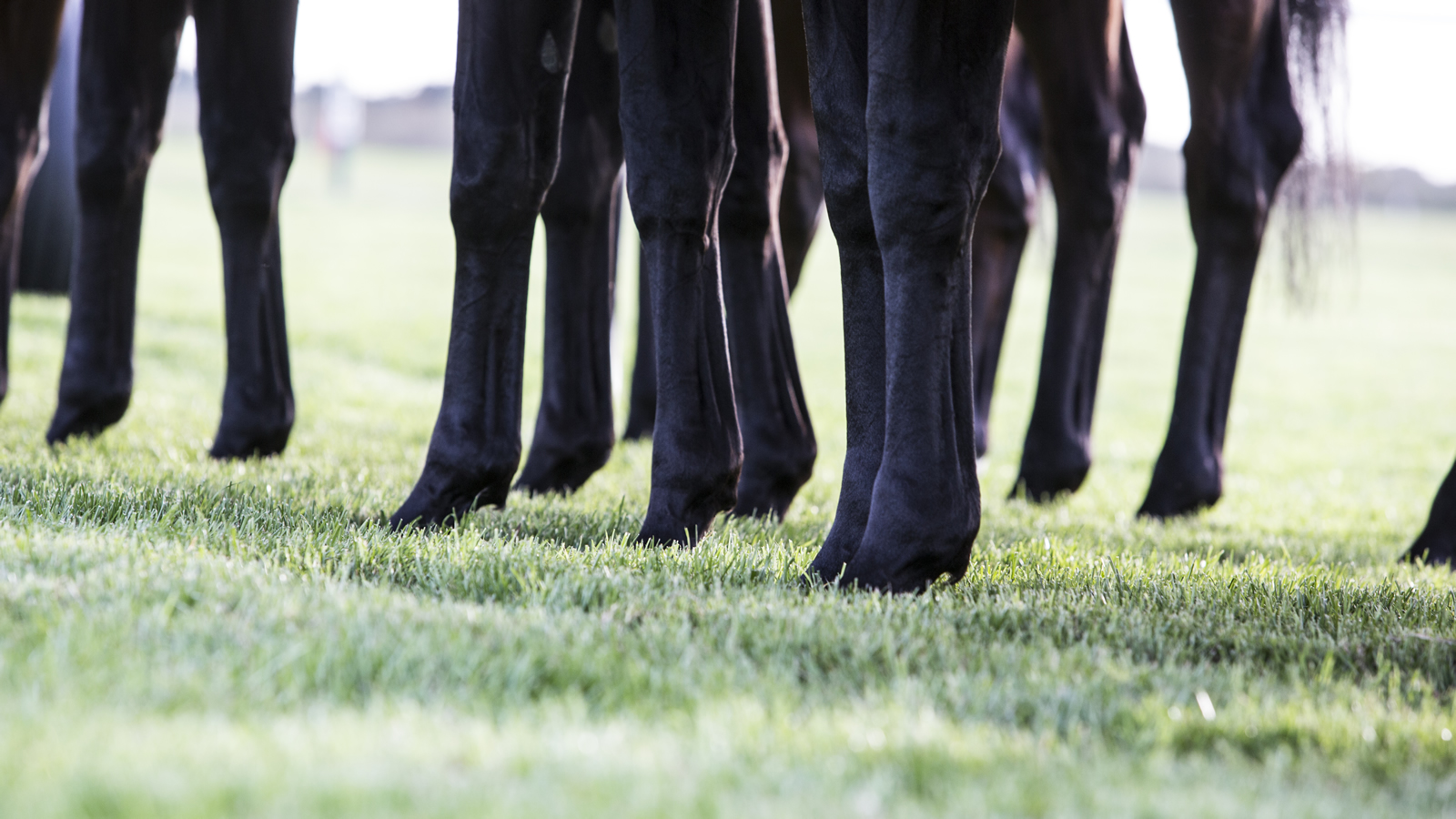
Around 60% of all of the races run in Britain each year are handicaps. These are races where the Handicappers try to give each horse an equal chance of winning by allocating them different weights.
The highest rated (or ‘best’) horse in the race is given the highest weight to carry; and then inferior horses will carry lower weights.
For most owners, handicaps offer their best chance of winning a race. Without them, the top horses would almost always win and there would be no point in owning anything other than a top horse.
The BHA has a team of eleven Handicappers whose job is to study and interpret the form. They publish a list of ratings every week based on performances on the racecourse: the higher the rating, the better the horse. If one horse is rated 120 and another 110, then it is believed that a difference of ten pounds in the weights that they carry would give each of them a fair chance in a handicap.
Most handicaps are restricted to horses with ratings in a particular range, 0-70 for example. So the rating not only decides on the weight that your horse will carry, it also decides in which races it can run.
If a horse runs above its rating then it may well be raised in handicap. If it keeps running below its rating then it will come down. The very best horses do not usually run in handicaps on the Flat but they often do over Jumps.
The expertise of the Handicappers is also called upon in several other ways:
- On the racecourse, handicappers advise the Stewards on all form matters.
- BHA handicappers work with international colleagues in selecting the runners in the top races worldwide.
- BHA handicappers decide the Longines World’s Best Racehorse Rankings – the official list of world ratings and champions.
- TheRacing and Disciplinary departments use the help of handicappers when required.
